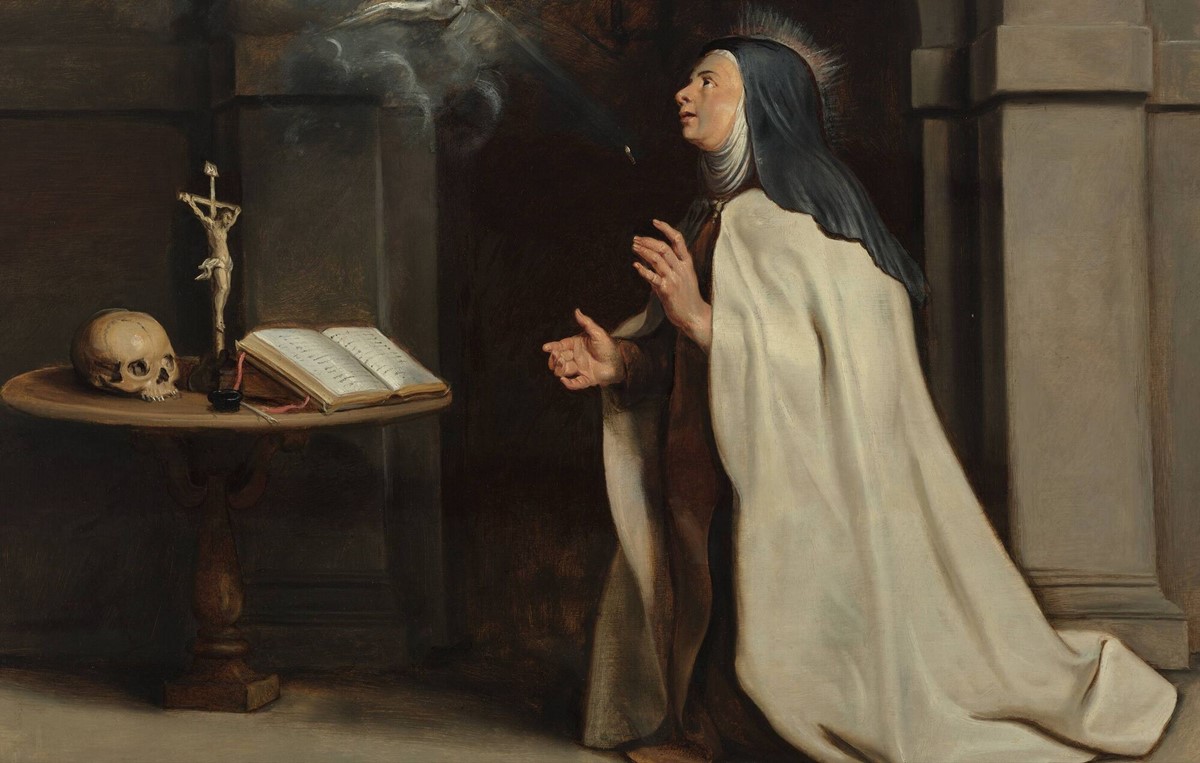 |
| Leonard Bernstein rehearsing with Benny Goodman, 1940s. [Photo: Public Domain via Wikimedia] |
 Dinner with Lenny: The Last Long Interview with Leonard Bernstein by Jonathan Cott
Dinner with Lenny: The Last Long Interview with Leonard Bernstein by Jonathan CottMy rating: 4 of 5 stars
A brief look at Jonathan Cott's profile at Rolling Stone magazine reveals a long list of interviews (including dinners) with some of the greats of music, literature, and film, including Bob Dylan, Susan Sontag, John Lennon, Mick Jagger, Henry Miller, Richard Gere, and Francis Ford Coppola. I found this book, which was originally meant to be an article for Rolling Stone, refreshing. During the course of some twelve hours, Jonathan Cott interviews the conductor and composer most famous for West Side Story, but is not allowed to ask questions such as "What is your favourite book/composer/music (etc)?" The interview was conducted in 1989, and within a year, Bernstein, a heavy drinker and smoker, was dead. There are some great reviews that cover the basics of the work, including Amanda Mark's review in the New York Journal of Books. I agree with Mark's criticism of the interviewer injecting a little too much of himself into the interview, but it is clear that "Lenny" was taken with him. Suzy Klein's interview in the New Republic captures more of Lenny's sassiness.
But for me, two things stand out most. First, Leonard Bernstein was a great conductor. And not just because others say so, but now I am armed with more knowledge of his work as a conductor, I have been able to compare the works conudcted by Bernstein with that of others. For example, I have taken a keen interest in Mahler. This interest stems from a number of coinciding interests. I first "discovered" Mahler after reading Thomas Mann's Death in Venice. This led me to watching the movie starring Dirk Bogarde, where Mahler's music forms a major part of the soundtrack. (This led me to discover the literary work of Dirk Bogarde.) Around the same time, I was fortunate enough to attend the inaugural performance of John Adam's Saxophone Concerto at the Sydney Opera House, where John Adams conducted the work. Despite a non-existent microphone, Adams held the audience captive as he spoke to the audience about Mahler (among other things). I have never heeard such silence from such a large crowd. John Adams is easily my most favourite composer (of any genre), but there is clearly a connection here with Mahler. So I was surprised to learn that Bernstein fits into the theme of things I enjoy, and I have been comparing recordings of Mahler's work conducted by Lenny with other conductors. There are clearly interesting differences that I would otherwise have missed.
Second, I had no idea that Bernstein had a clear pedagogy. He is credited with teaching a new generation about classical music with the 1950s television series Omnibus. Suffice it to say that Bernstein had a way to lift the lid on education, to inspire, entertain, and really teach. I like West Side Story, but I was never really enamoured with it, as many others seem to be. But reading this book has given me a glimpse of the great man. Finally, and despite my initial reservations about the interviewer, I have a new appreciation for Jonathan Cott's work, and will investigate some of his other published works. I am not sure how I stumbled upon this book, but I have a suspicion it was from Maria Popova's wonderful blog, Brain Pickings, which is easily one of my favourite blogs. And by way of an aside, we named our cats Karl and Lenny (of The Simpsons fame), but interchangeably refer to them as Karl Marx and Lenny Lenin. But now I can only think of my cheeky cat as Lenny Bernstein. And, based on Cott's interview, reincarnation was not something that Lenny took lightly.
View all my reviews
 Donate
Donate








 The Political Flâneur: A Different Point of View
The Political Flâneur: A Different Point of View